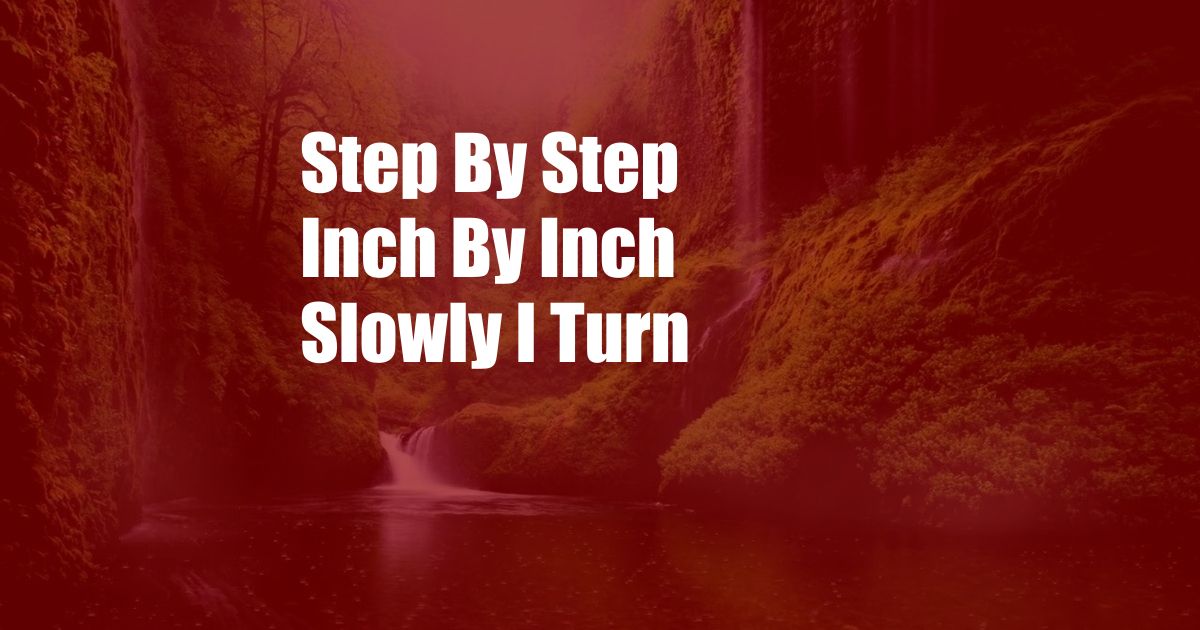
Step by Step Inch by Inch Slowly I Turn
Do you remember the children’s song? “Step by step, inch by inch, slowly, I turn; my head is filled with lead.” The lead weighs heavily on the brain as a child, the lead weighs heavily on the brain as an adult, the lead weighs heavily on the brain as an aging adult. I am fortunate; I am still able to do Tai Chi, Qigong, and I work out in my gym several times a week. These activities help me to maintain my balance, flexibility, and mental acuity. Yet, as I get older, I have more aches, pains, injuries, and it takes me longer to recuperate. I’m told that my symptoms are a part of the aging process and to expect them to worsen as I grow older. As challenging as these symptoms can be, they are the reality for most Americans over the age of 65.
Mind over Matter: A Holistic Approach to Preserving Cognitive Function
As we age, the brain, like other organs in our body, declines. This decline can be caused by a variety of factors, including genetics, lifestyle choices, and environment. The good news is that there are many things we can do to help preserve our cognitive function, including eating a healthy diet, exercising regularly, and staying mentally active. However, the most important thing we can do is to have a positive attitude.
A positive attitude can help us to stay motivated and engaged in life. This can help us to overcome the challenges of aging and to live a full and happy life. There are many things that we can do to cultivate a positive attitude, including spending time with loved ones, volunteering, and pursuing our interests. By taking care of our minds and bodies, we can help to live a long and healthy life.
The Importance of Balance, Flexibility, and Strength
As we age, it is important to maintain our balance, flexibility, and strength. These three elements are essential for everyday activities, such as walking, getting dressed, and cooking. They can also help us to prevent falls, which can be serious for older adults. There are many ways to improve our balance, flexibility, and strength, including:
- Tai Chi
- Qigong
- Yoga
- Pilates
- Weightlifting
- Dancing
- Swimming
- Walking
Incorporating these activities into our daily routine can help us to maintain our independence and quality of life as we age.
Nutrition for Brain Health
Eating a healthy diet is important for overall health, but it is also important for brain health. The brain needs a variety of nutrients to function properly, including:
- Omega-3 fatty acids
- Antioxidants
- Vitamins
- Minerals
Eating a diet rich in these nutrients can help to protect the brain from damage and decline. Some of the best foods for brain health include:
- Fish
- Nuts
- Seeds
- Fruits
- Vegetables
- Whole grains
By eating a healthy diet, we can help to keep our brains healthy and functioning properly as we age.
Mental Exercise
Just as physical exercise is important for our bodies, mental exercise is important for our brains. Mental exercise can help to keep our minds sharp and prevent cognitive decline. There are many different ways to exercise our minds, including:
- Reading
- Writing
- Playing games
- Learning new things
- Volunteering
Engaging in these activities can help to keep our brains active and healthy.
Tips and Expert Advice for Preserving Cognitive Function
Based on my own experience and the latest research, here are some tips and expert advice for preserving cognitive function:
- Eat a healthy diet that is rich in omega-3 fatty acids, antioxidants, vitamins, and minerals.
- Exercise regularly, including both cardiovascular exercise and strength training.
- Stay mentally active by reading, writing, playing games, learning new things, and volunteering.
- Get enough sleep.
- Manage stress.
- Don’t smoke.
- Limit alcohol consumption.
- See your doctor regularly for checkups and screenings.
By following these tips, you can help to preserve your cognitive function and live a long and healthy life.
FAQ
Q: What are some of the early signs of cognitive decline?
A: Some of the early signs of cognitive decline include:
- Memory loss
- Difficulty concentrating
- Difficulty making decisions
- Changes in personality
- Loss of interest in activities
Q: What are some of the risk factors for cognitive decline?
A: Some of the risk factors for cognitive decline include:
- Age
- Family history of dementia
- Certain medical conditions, such as heart disease, stroke, and diabetes
- Certain lifestyle choices, such as smoking, excessive alcohol consumption, and lack of physical activity
Conclusion
Cognitive decline is a normal part of the aging process, but there are many things we can do to help preserve our cognitive function. By eating a healthy diet, exercising regularly, staying mentally active, and getting enough sleep, we can help to keep our brains healthy and functioning properly. We can also take steps to manage stress, avoid smoking, and limit alcohol consumption. By following these tips, we can help to live a long and healthy life.
Are you interested in tips and expert advice for preserving cognitive function?